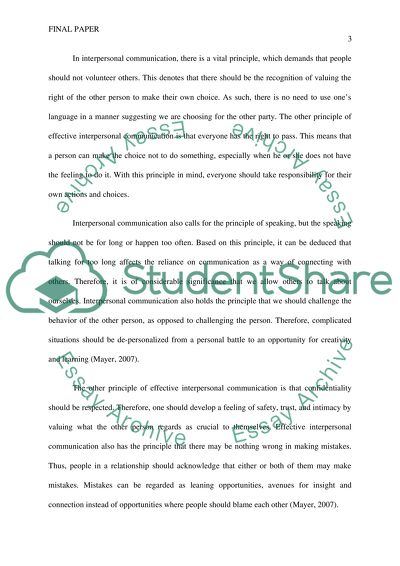Cite this document
(“The principles and misconceptions in effective interpersonal Essay”, n.d.)
Retrieved from https://studentshare.org/gender-sexual-studies/1400647-the-principles-and-misconceptions-in-effective-interpersonal-communications
Retrieved from https://studentshare.org/gender-sexual-studies/1400647-the-principles-and-misconceptions-in-effective-interpersonal-communications
(The Principles and Misconceptions in Effective Interpersonal Essay)
https://studentshare.org/gender-sexual-studies/1400647-the-principles-and-misconceptions-in-effective-interpersonal-communications.
https://studentshare.org/gender-sexual-studies/1400647-the-principles-and-misconceptions-in-effective-interpersonal-communications.
“The Principles and Misconceptions in Effective Interpersonal Essay”, n.d. https://studentshare.org/gender-sexual-studies/1400647-the-principles-and-misconceptions-in-effective-interpersonal-communications.


